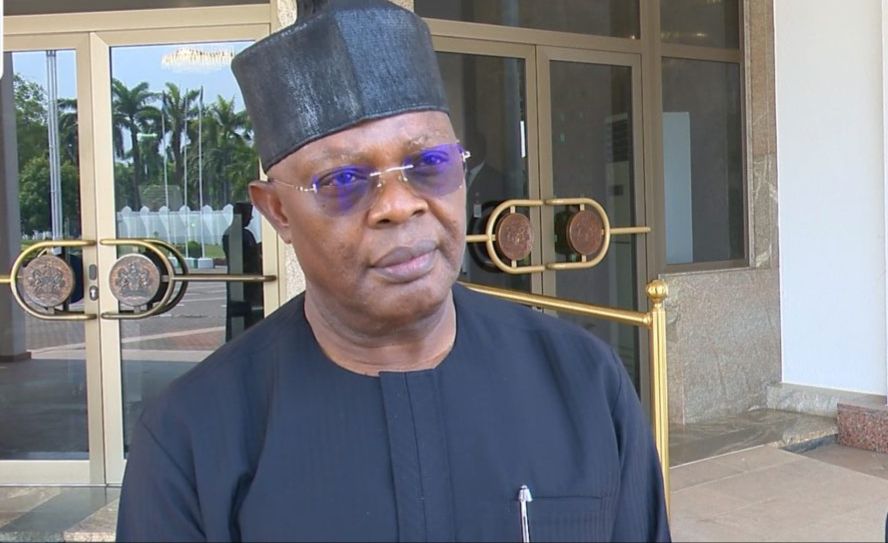The Administrator of Rivers State, Vice Admiral Ibok-Ete Ibas (retd), has underscored the critical importance of rigorously implementing Public-Private Partnership (PPP) agreements at Rivers sea ports to unlock their full economic potential and drive growth. During a meeting with the House of Representatives Committee on Public Assets, led by Chairman Ademorin Kuye, Ibas highlighted the state’s strategic position in maritime, oil and gas, and other industrial sectors, yet lamented the impediments to business growth posed by weak regulatory frameworks, lack of accountability, and conflicting interests among stakeholders. He emphasized the need for a thorough evaluation of existing PPP arrangements, particularly concerning assets like the Onne Port Complex, oil and gas service zones, and segments of the Nigerian Ports Authority facilities, to assess their performance and identify areas for improvement.
Ibas pointed out that while some PPPs have yielded positive outcomes in terms of enhanced operational capacity and revenue generation, others have fallen short of expectations due to regulatory deficiencies and a lack of accountability mechanisms. He urged the National Assembly to play a pivotal role in strengthening existing PPP frameworks by promoting transparency, ensuring adherence to contractual obligations, and implementing robust monitoring mechanisms to track performance and prevent deviations from agreed-upon terms. The administrator stressed the importance of collaborative efforts with institutions like the National Assembly to effectively execute his administration’s mandate of fostering peace, progress, and prosperity in Rivers State.
The visit by the House Committee on Public Assets, according to Chairman Kuye, was part of a broader oversight function to assess the status and utilization of federal assets, specifically focusing on PPP arrangements at the Port Harcourt, Ibeto, and Onne Ports. This assessment will involve scrutinizing the effectiveness of these partnerships and ensuring that they align with national interests and contribute to economic development. The committee’s objective is to ensure that these assets are being managed efficiently, transparently, and in a manner that maximizes their benefit to the Nigerian people.
The collaborative oversight effort extends beyond the House Committee to include engagement with anti-corruption agencies like the Independent Corrupt Practices Commission (ICPC) and the Economic and Financial Crimes Commission (EFCC). This collaborative approach reflects a commitment to combating corruption and ensuring that any asset disposals are conducted with the utmost transparency and integrity. By involving these agencies, the committee aims to safeguard public resources and prevent illicit enrichment at the expense of national interests.
This comprehensive assessment of PPP agreements and federal assets signifies a crucial step towards enhancing governance and accountability in the management of public resources. By collaborating with relevant stakeholders, including the National Assembly and anti-corruption bodies, the Rivers State administration aims to create a more transparent and efficient system for overseeing PPPs and ensuring their alignment with developmental goals. This proactive approach is essential for optimizing the utilization of critical national assets and driving economic growth.
In essence, the Administrator’s call for strengthened PPP implementation reflects a broader effort to address systemic challenges hindering economic progress in Rivers State. By focusing on enhancing regulatory frameworks, promoting accountability, and collaborating with oversight bodies, the administration aims to create a more conducive environment for businesses to thrive and contribute to the state’s overall development. This initiative underscores the importance of transparent and efficient management of public assets to maximize their potential and drive economic prosperity for the benefit of all Nigerians.














